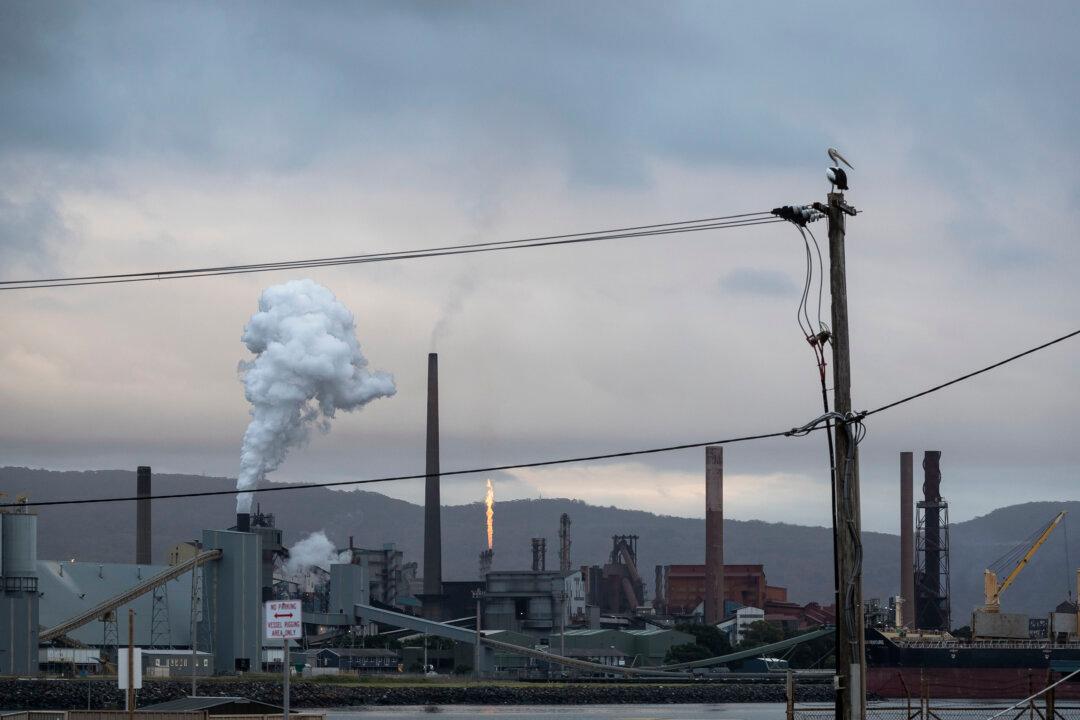The Business Council of Australia (BCA) said that the plan of the Albanese government to possibly include “climate trigger” in its Nature Positive reform may lead to more difficult approval processes for renewable energy projects in Australia.
This comes amid the Australian Greens saying the prime minister’s rejection of media reports that he had given an ironclad commitment to not allow climate trigger to stop more coal and gas in environmental laws.




